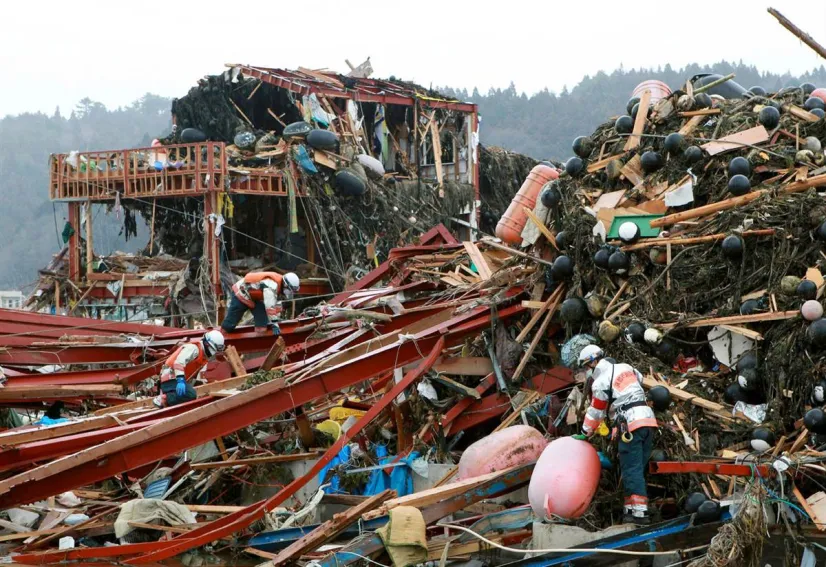
Japan quake hurts Japanese heavy equipment
Japan quake, tsunami, and nuclear crisis has negative implications on heavy-equipment manufacturers.
Shinsuke Tanimoto, a Moody's senior vice president in Tokyo, says, "Even after the firms repair the damage, lingering disruptions in supply chains, problems in logistics, and inefficiencies created by power shortages and rolling blackouts will constrain a return to normal operating levels."
Tanimoto adds, "Among our four rated issuers, Kawasaki Heavy and Hitachi Construction are more vulnerable than Sumitomo Heavy and Komatsu." He explains, "Before the earthquake, Kawasaki's rating was already under
downward pressure from weak operating results,, and some of Hitachi's core plants were in the worst-hit areas."
"By contrast," Tanimoto says, "Despite suspended production at four damaged plants, Komatsu benefits from a greater degree of geographic diversification than its peers and has stronger financial metrics."
Tanimoto continues, "Meanwhile, Sumitomo Heavy needs to pare leverage from earlier acquisitions, which may now take longer if the earthquake's aftermath weakens earnings and cash flow."
A contributor to the report, Michael Mulvaney, a managing director for Moody's in New York, says, "We expect issuers' earnings and cash flow to drop in the fourth quarter of the current fiscal year, ending this month,
and to remain depressed at least through the first half of FY 2011."
He notes, "Loss of production due to plant closures since the earthquake will weigh on fourth-quarter earnings for this fiscal year, as will the initial costs of responding to the disaster. Although Q4's profitability
could be depressed, issuers should still have earnings for full-year FY 2010 based on their performance through the first eleven months of the fiscal year.
Mulvaney concludes on a positive note, saying, "Increased demand for products from heavy-equipment manufacturers should resume sooner than for other industries because of heavy equipment's use in rebuilding areas damaged by the earthquake and tsunami."






![Lorem Ipsum [ABF 1]](https://cmg-qa.s3.ap-southeast-1.amazonaws.com/s3fs-public/styles/exclusive_featured_article/public/2025-03/a_hand_pointing_to_a_futuristic_technology_5b87c9d0e3_1.png.webp?itok=2w0y1WhS)


![Cross Domain [Manu + SBR + ABF + ABR + FMCG + HBR + ]](https://cmg-qa.s3.ap-southeast-1.amazonaws.com/s3fs-public/styles/exclusive_featured_article/public/2025-01/earth-3537401_1920_4.jpg.webp?itok=WaRpTJwE)








 Advertise
Advertise

